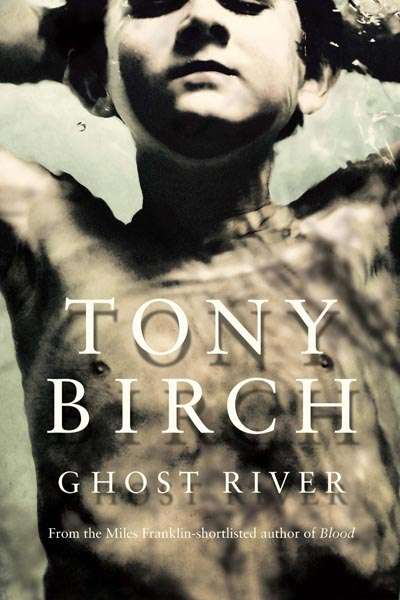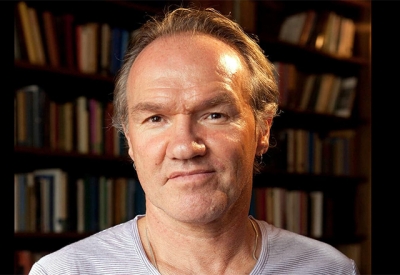Tony Birch
Film | Theatre | Art | Opera | Music | Television | Festivals
Welcome to ABR Arts, home to some of Australia's best arts journalism. We review film, theatre, opera, music, television, art exhibitions – and more. To read ABR Arts articles in full, subscribe to ABR or take out an ABR Arts subscription. Both packages give full access to our arts reviews the moment they are published online and to our extensive arts archive.
Meanwhile, the ABR Arts e-newsletter, published every second Tuesday, will keep you up-to-date as to our recent arts reviews.
Recent reviews
Lucas Smith reviews 'She Woke & Rose' by Autumn Royal, 'Lake' by Claire Nashar, 'Common Sexual Fantasies, Ruined' by Rachel Briggs, 'Spelter to Pewter' by Javant Biarujia, 'Koel' by Jen Crawford, and 'Broken Teeth' by Tony Birch
A new poetry press in Australia should always be greeted with joy, and then interrogated with rigour. These six volumes from the recently created book arm of Cordite Poetry ...
... (read more)Jennifer Maiden's The Fox Petition: New Poems (Giramondo) conjures foxes 'whose eyes were ghosts with pity' and foxes of language that transform the world's headlines
... (read more)Tony Birch on 'The Chant of Jimmie Blacksmith' by Thomas Keneally for Reading Australia
Thomas Keneally’s novel The Chant of Jimmie Blacksmith (1972) is based in part on historical events, particularly the crimes committed by Jimmy Governor, an Aboriginal man from New South Wales. In 1900, Governor was a key figure involved in the killing of nine Europeans, including five women and children. The killings followed Governor’s marriage t ...
Books of the Year is always one our most popular features. Find out what our 41 contributors liked most this year – and why.
... (read more)In the spirit of our annual ‘Books of the Year’ feature, in which we ask a range of writers and critics to nominate their favourite new fiction and non-fiction titles, we asked ten Australian short story writers to nominate their favourite short story collections and individual stories. As this is the first time we have run a short-story themed feature of this nature, our ten writers were free to nominate older titles if they wished to do so. Our only request was that at least one of their selections should have been published recently and that at least one be by an Australian author.
... (read more)I become preoccupied with images and memory pictures. Eventually, if they hang around long enough, these images become the cornerstone of a short story or a scene in a novel. If I did not write, I would never be able to make sense of them.
... (read more)




